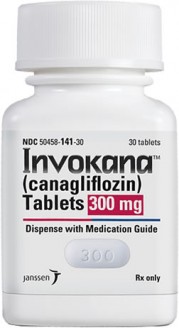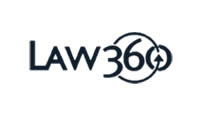Scientific studies and a recent FDA warning have raised concerns about the type 2 diabetes drugs, Invokana (canagliflozin) and Invokamet (canagliflozin/metformin). Patient and doctor reports have linked its use to dangerous side effects, including diabetic ketoacidosis, kidney failure and damage, myocardial infarction (heart attacks), and other cardiovascular injuries.








